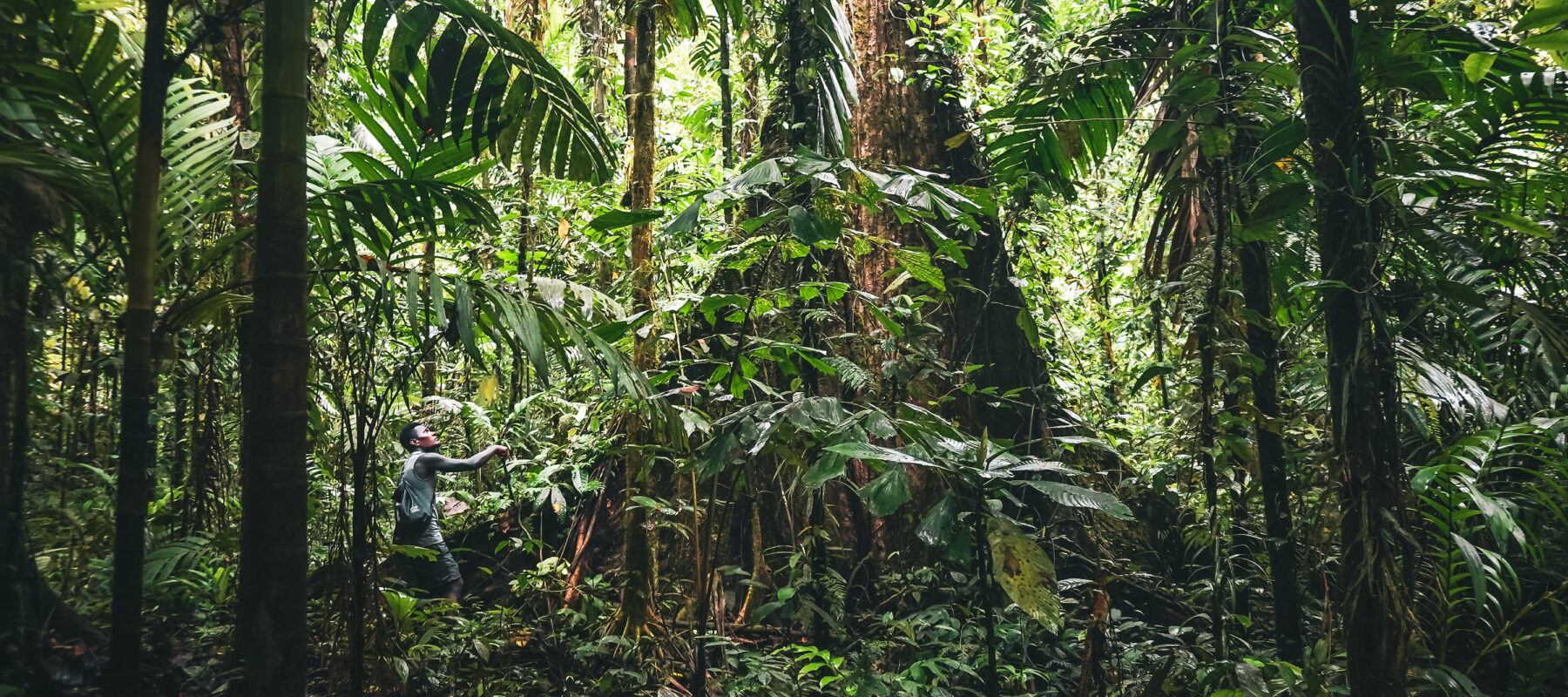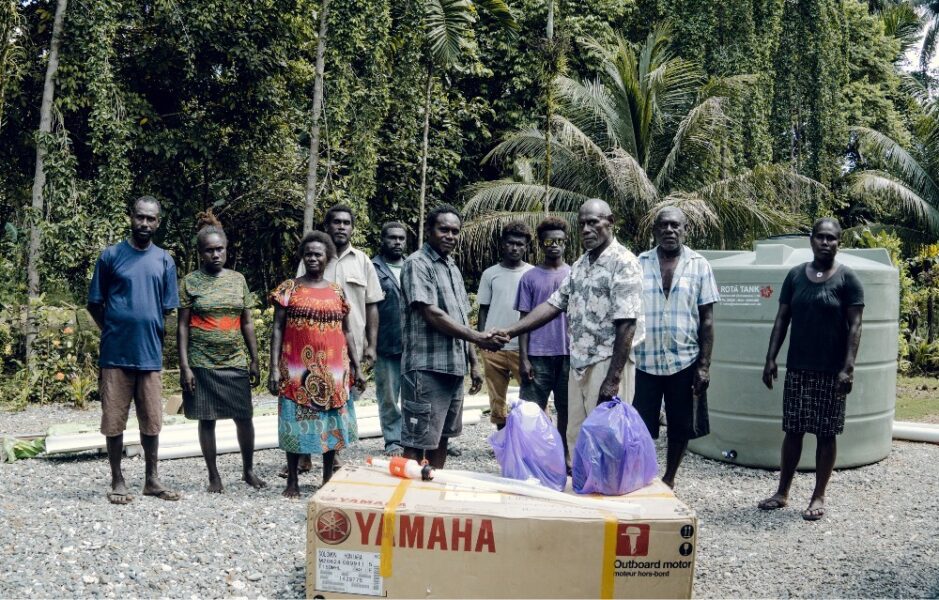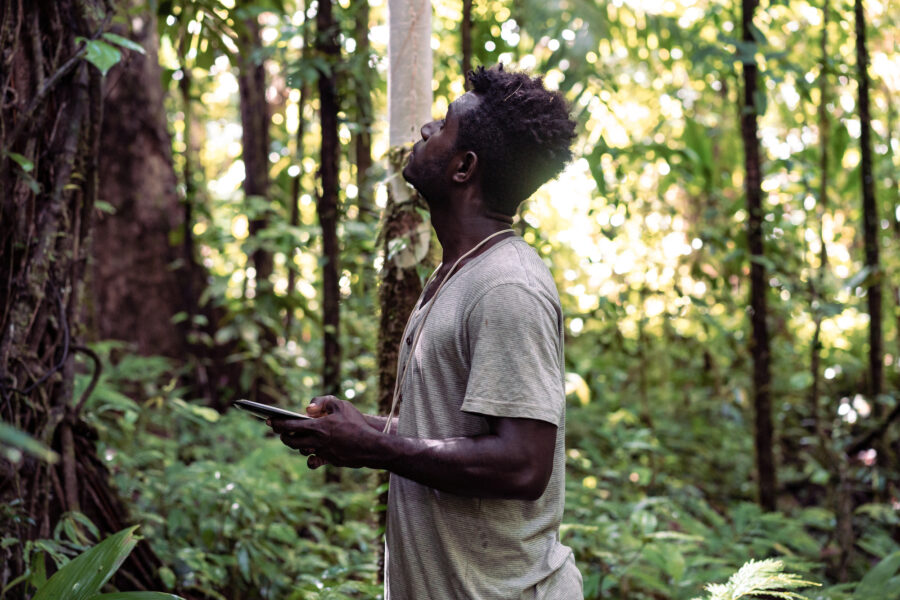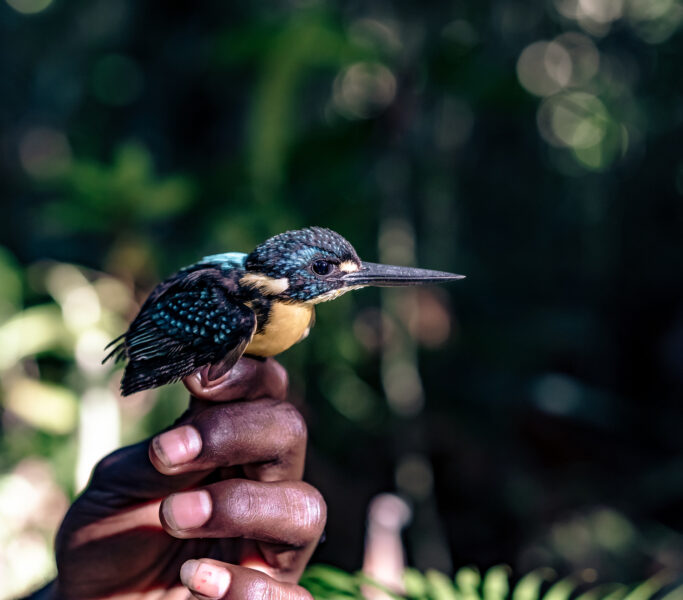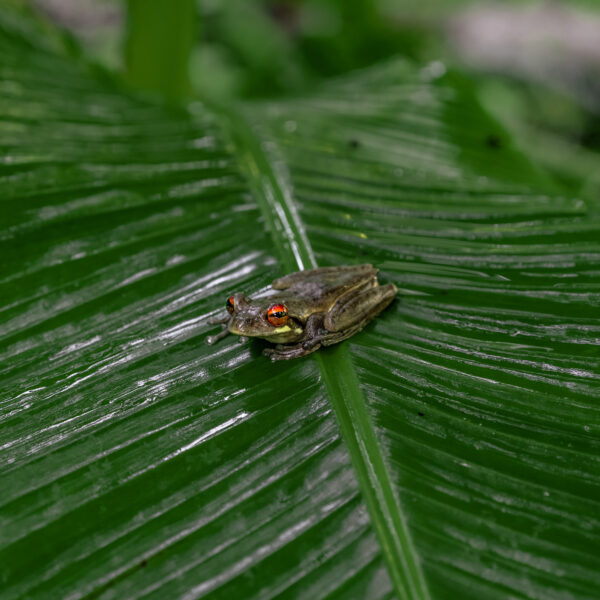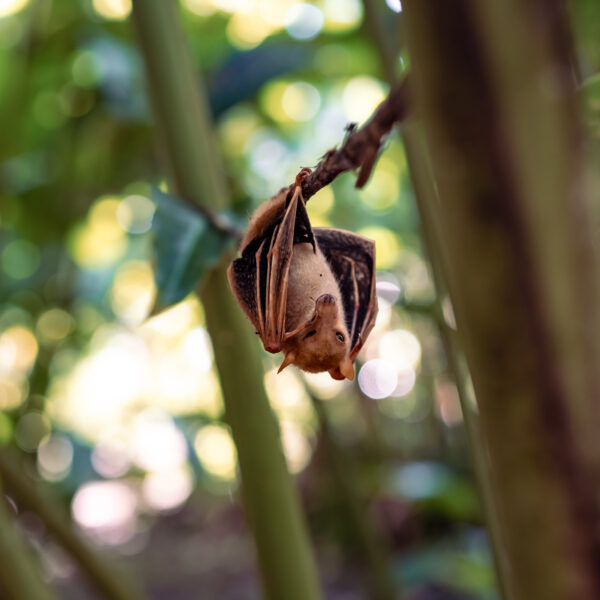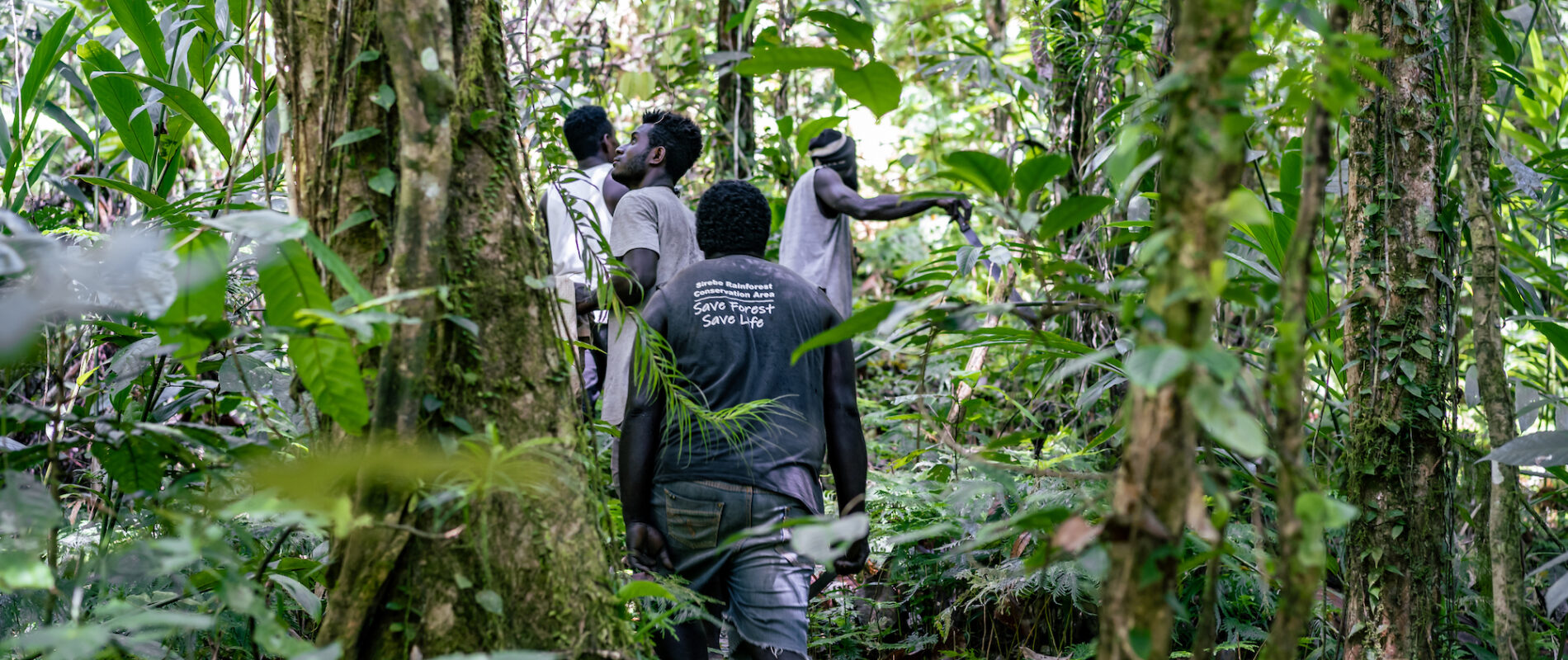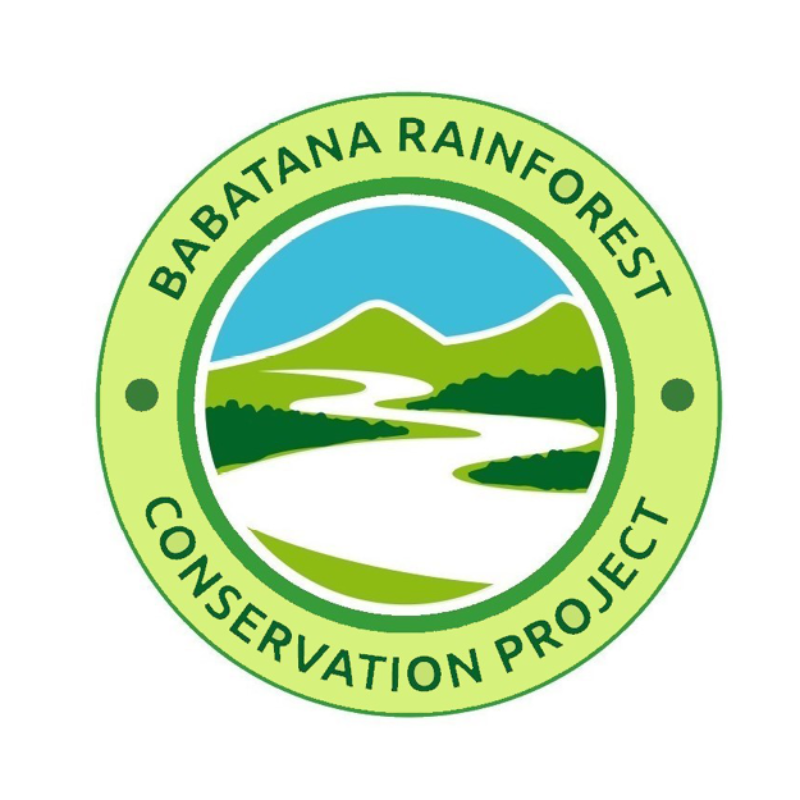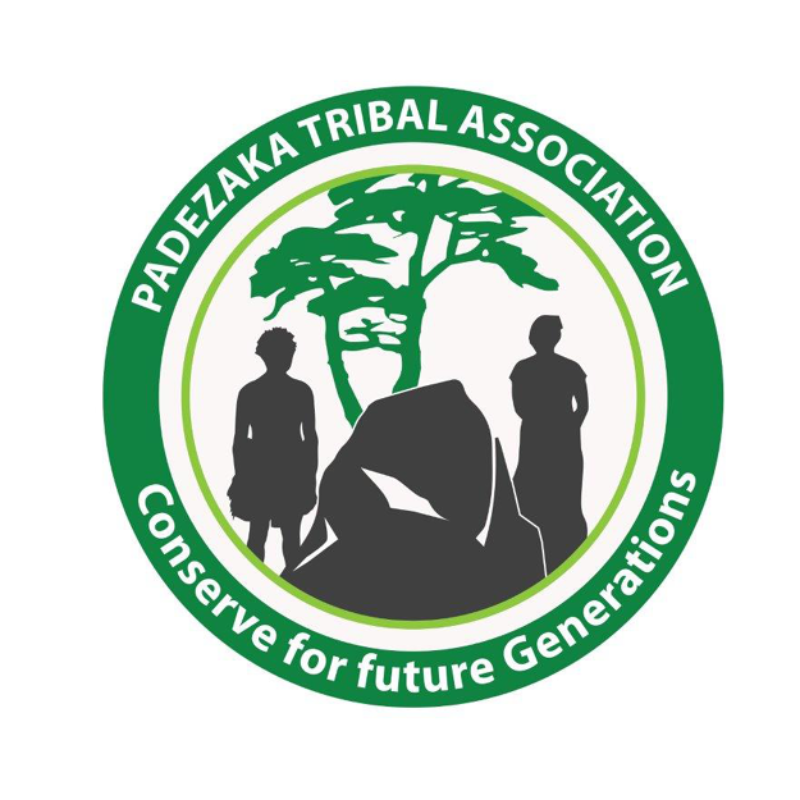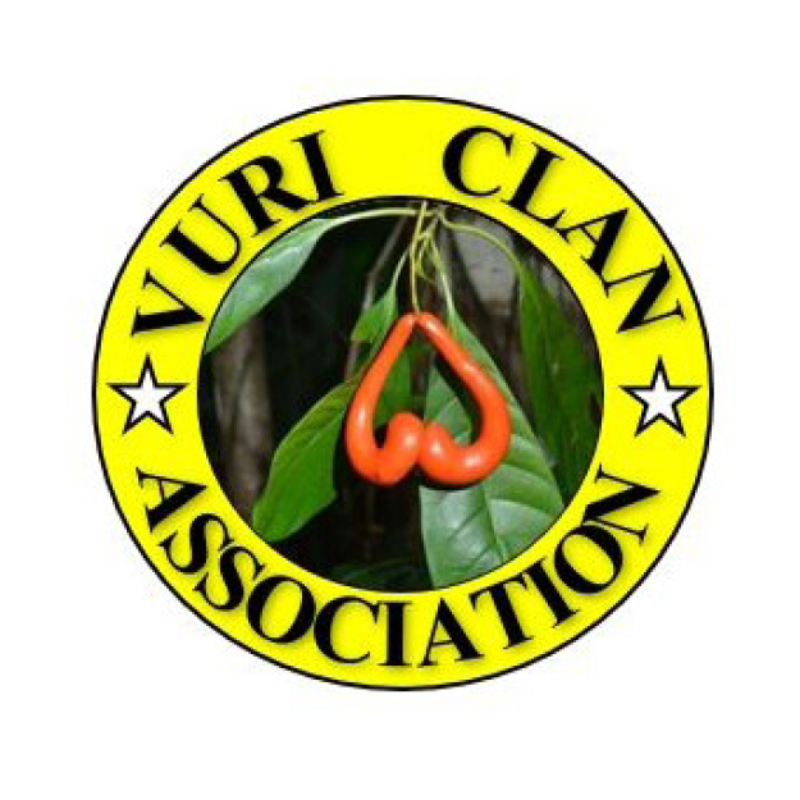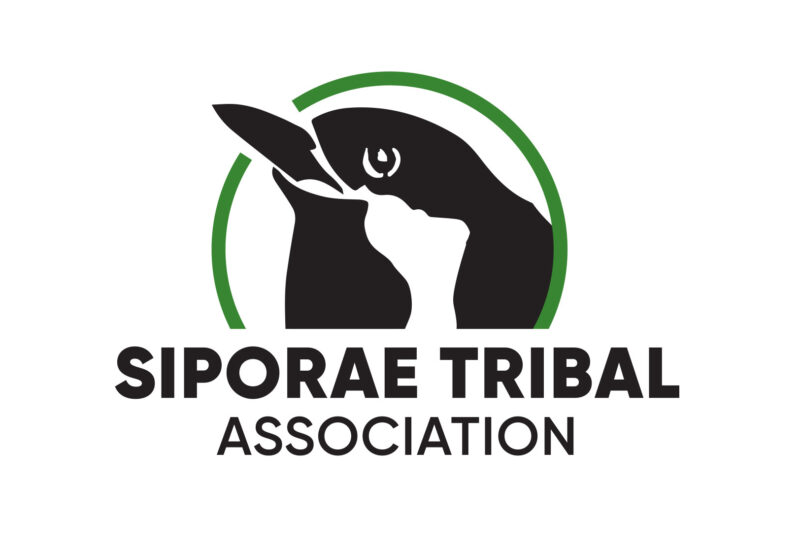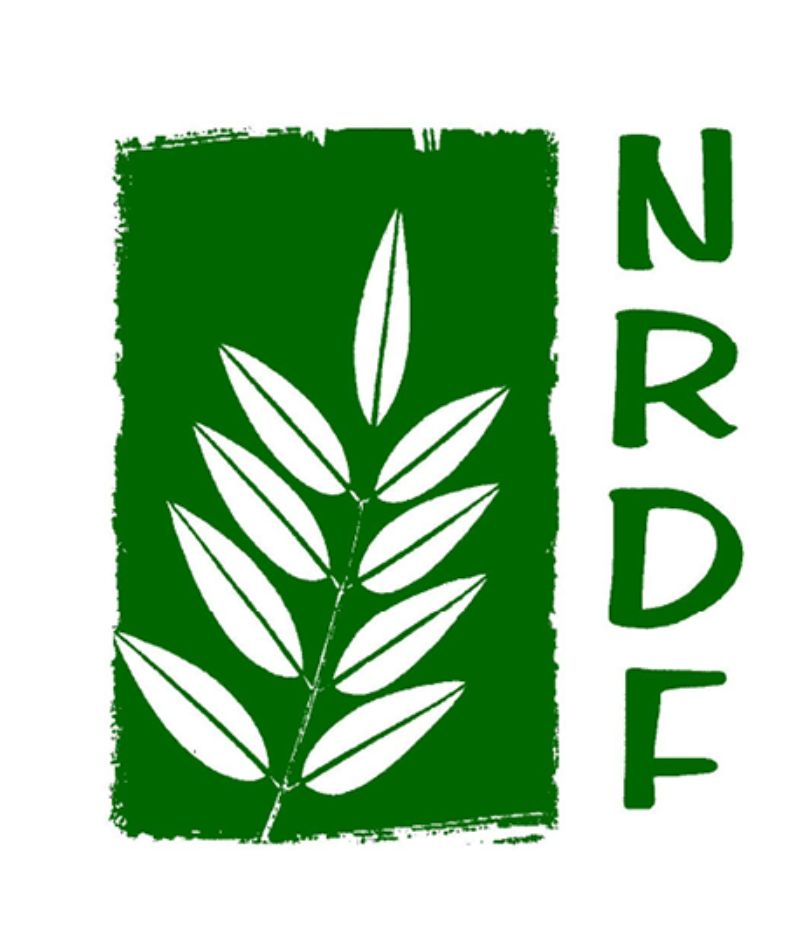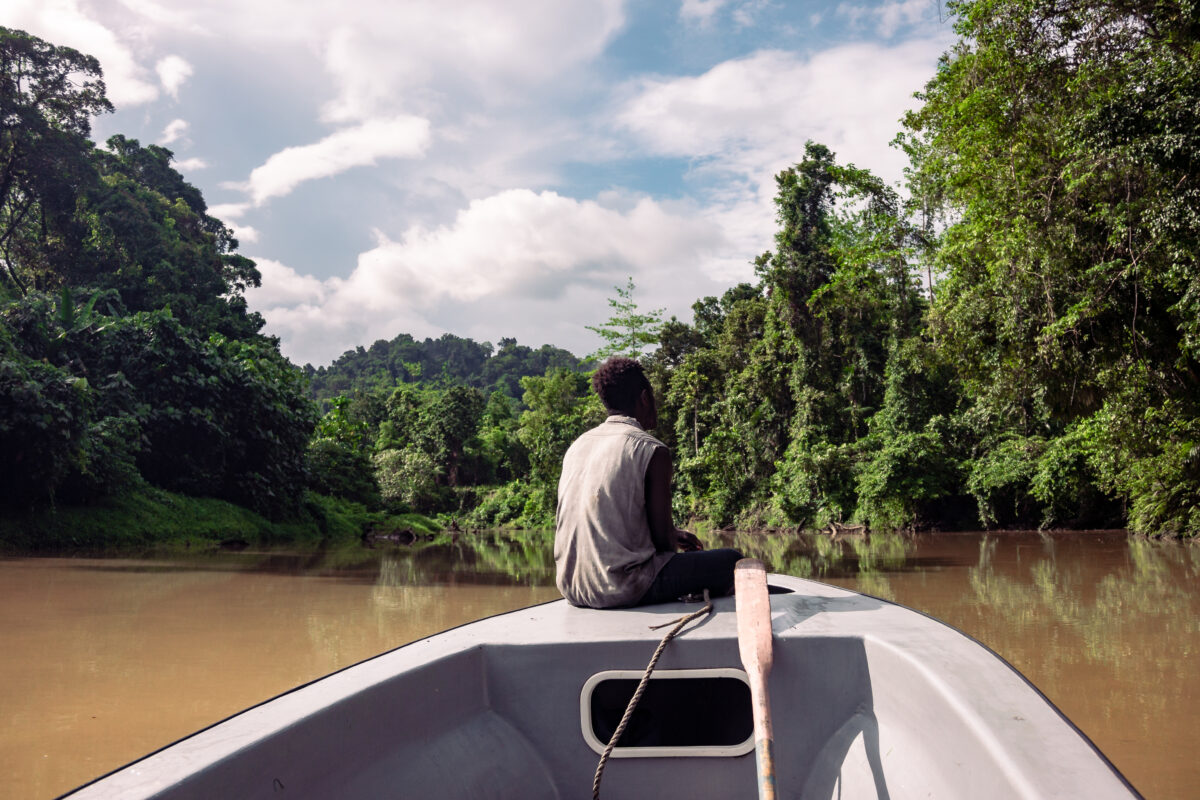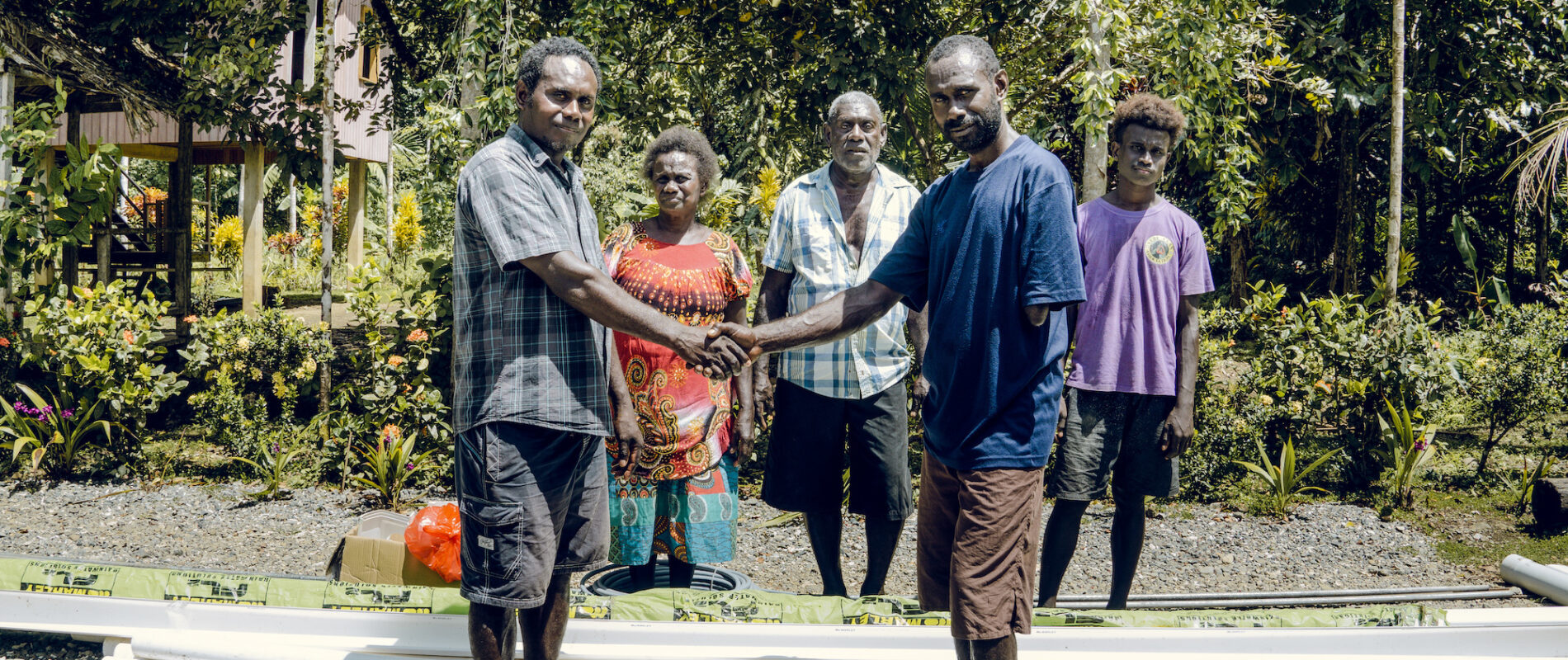On South Choiseul in the Solomon Islands, tribes from the Babatana language group are choosing to protect their rainforests and support their community.
This is a region where logging and land-clearing are a constant threat for forests, biodiversity and communities. Customary landowners are using the Nakau Methodology to move away from these destructive practices and towards conservation.
The Sirebe Tribe were the first tribe to participate in the Babatana Rainforest Conservation Project. And in 2019, they became the first in the Solomon Islands to establish an official Protected Area under the Solomon Islands Protected Areas Act.
Following the leadership from Sirebe, other Indigenous communities have joined the Babatana Project. Siporae, Vuri, Padezaka, Garasa and Lukulombere are all in the process of developing their forest conservation and carbon projects.
Siporae, Padezaka and Vuri lands are now official Protected Areas and one step closer to a verified forest carbon project. A total of 6,863 hectares of rainforest is currently legally protected across the Babatana forests.
